Information about studying in Belgium
The Kingdom of Belgium has a federal state structure, organised into three Communities:
- Flanders – the Flemish Community (Dutch speaking)
- Wallonia – the French Community (French speaking)
- a smaller German Community (German speaking) in the eastern part of Belgium
Each Community has its own government and ministry of education. The capital city, Brussels, links to the communities.
Information is available for both Flanders and Wallonia. The German-speaking community has one autonomous university, the Autonome Hochschule.
Quick facts
- Population: 11,311,117 (2016)
- Capital: Brussels
- Geographical size: 30,528 km2
- GDP: €421,611 billion (2016)
- Official EU language(s): Dutch, French and German
- Currency: Euro
Higher education in Belgium Flanders-Brussels
- Number of higher education institutions: 27
- Number of students in higher education: 207,538 (2012, Euromonitor International from national statistics/UNESCO)
- Number of international students in higher education: 16,923 (2012, UNESCO)
- Language of instruction: Most higher education courses in Belgium Flanders-Brussels are taught in the Dutch language but you will find many courses taught in English too
- Typical tuition fees:
For EU and non-EU students: € 890,000 per year for most study programmes (Bachelor and Master). Tuition fees may be higher for certain Bachelor and Master programmes, as well as for advanced Master programmes. - Average length of a full-time higher education programme in Belgium:
- Bachelor’s degree programme: 3 years
- Master’s degree programme: 1 or 2 years
- Doctorate/PhD: Up to 4 years
Study in Belgium Flanders-Brussels
Flanders is the Dutch-speaking northern part of Belgium, located in the heart of Europe. Its inhabitants are open to international influences, at a cultural, social and professional level. An increasing number of Flanders’ inhabitants come from other countries, forming a very cosmopolitan society.
The Government of Flanders aims to be a model for equal opportunities and diversity. Flanders is known for its extensive welfare services and health facilities. The standard of living in Flanders is one of the highest in Europe, as testified by its food, housing, infrastructure and education.
Education is a top priority for Flanders: 38% of the Government’s budget is spent on education. The standard of education in Flanders ranks among the best in Europe, and it steadily continues to improve.
Flanders has excellent universities, university colleges, schools of arts and other higher education institutions, all of which are accredited according to international standards. Student facilities are excellent.
Belgium has three official languages – Dutch, French and German. English is widely spoken here, and Flanders’ higher education institutions offer an increasing number of international degree programmes in English. This multilingualism creates a welcoming culture and an open view of the world.
The region also houses major strategic research institutes. Flanders’ R&D intensity and emphasis on innovationhas led to the development of a high number of new products and a fast-growing service sector. Flanders’ economy is strongly export-oriented and provides 60% of the Belgian GDP.
The quality of life is high in Flanders. You will find endless opportunities for recreation and a wide selection of sport, art and cultural events. Flanders is proud of its famous fashion designers, its beer and of course its chocolates.
Antwerp, Bruges, Brussels, Ghent, Leuven and Mechelen are considered art cities, but many other Flemish cities also have a rich cultural heritage. At the same time, Flanders is very avant-garde: with a lively contemporary art scene, ranging from surrealistic visual art to comics!
With its rich history, quality of life, diversity, innovation, avant-garde spirit and openness, Flanders is a great place to live and study.
Higher education in Belgium Wallonia-Brussels
- Number of higher education institutions: 42
- Number of students in higher education: 184,889 (2012, Euromonitor International from national statistics/UNESCO)
- Number of international students in higher education: 21% of students
- Language of instruction: Most higher education courses in the Wallonia-Brussels Federation are taught in French language but you will find many courses taught in English and other foreign languages (German, Spanish, Dutch…) too.
- Typical tuition fees:
- For EU students: maximum €835 per year
- For non-EU students: maximum €4,175 for the whole programme, depending on the higher education institution, the programme, and the country of origin.
- Average length of a full-time higher education programme in Belgium:
- Bachelor’s degree programme: 3 years
- Master’s degree programme: 2 years
- Doctorate/PhD: 3 years
Overview
Home to the European Parliament, the European Commission, the European Council, and other European Union institutions as well as international organisations such as NATO, Belgium is a friendly, international society right in the heart of Europe.
As one of the founding members of the European Union, Belgium also hosts world renowned higher education institutions. Whether you plan to study a Bachelor’s, Master’s or Doctorate degree, or enrol in a summer study abroad programme, you’ll find that Belgium offers you fantastic study opportunities.
While the usual languages of instruction are French and/or Dutch, you will also find many degrees offered in English, German and other foreign languages.
Study in Belgium Wallonia-Brussels: first choice for first-class higher education
In Wallonia-Brussels, 6 universities, 20 university colleges and 16 arts colleges offer you a wide range of quality study programmes – from profession-oriented courses to more academic-oriented ones.
As an integral part of the European Higher Education Area, our degrees are easily recognised world-wide!
International hub
Did you know that more than 20% of students in Wallonia-Brussels come from another country?
Belgium Wallonia-Brussels offers you a unique international atmosphere on- and off-campus. Our higher education institutions also offer a significant number of English-taught programmes, Erasmus Mundus programmes, and programmes where you can study in another country for part of your course.
Small country, great impact!
Thanks to Wallonia-Brussels’ international connections, students here can build international and professional networks. With research-supportive public policies and strong ties between universities and industry, research in Wallonia-Brussels is dynamic and innovative.
Higher quality of life and extensive mobility opportunities:
Excellent health care, a rich cultural heritage…and of course great cuisine!. You will find all of these in Belgium while being at the heart of Europe.
Scholarships and financial support
Wallonia-Brussels offers many financing tools and opportunities for international students and researchers.


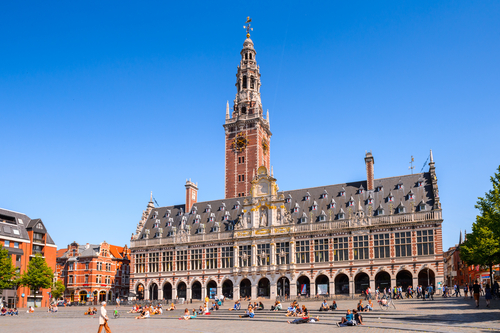


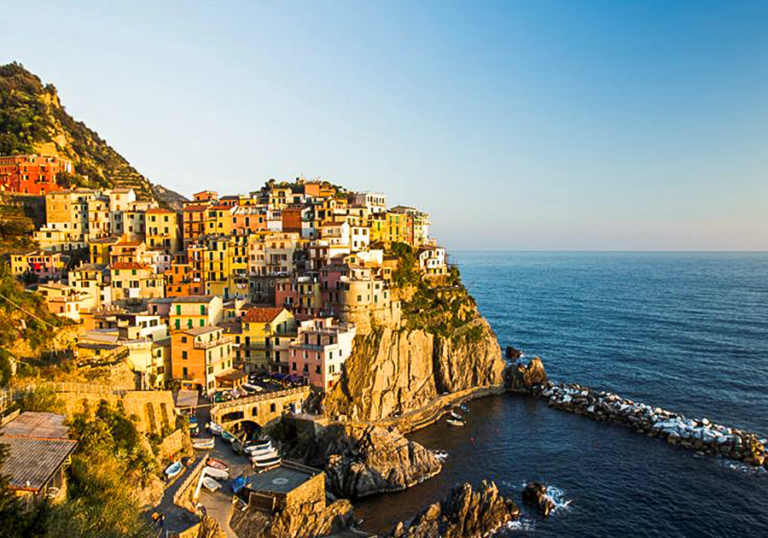
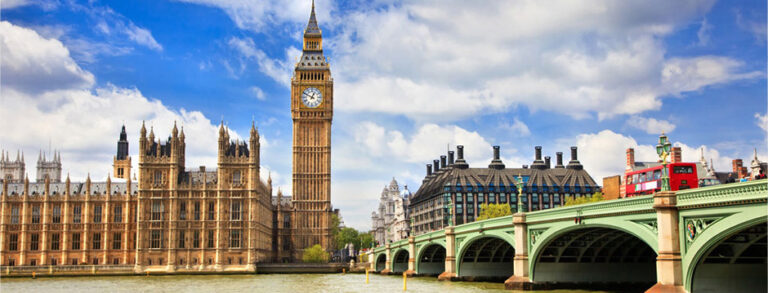
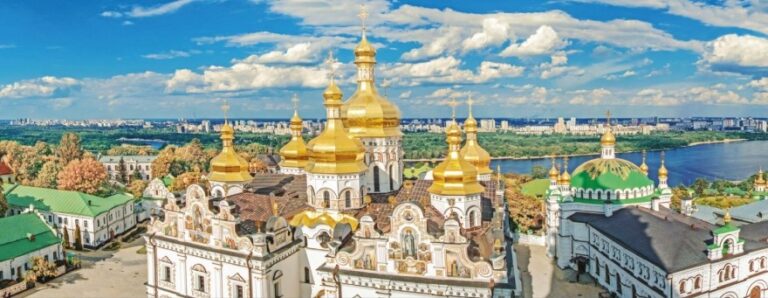
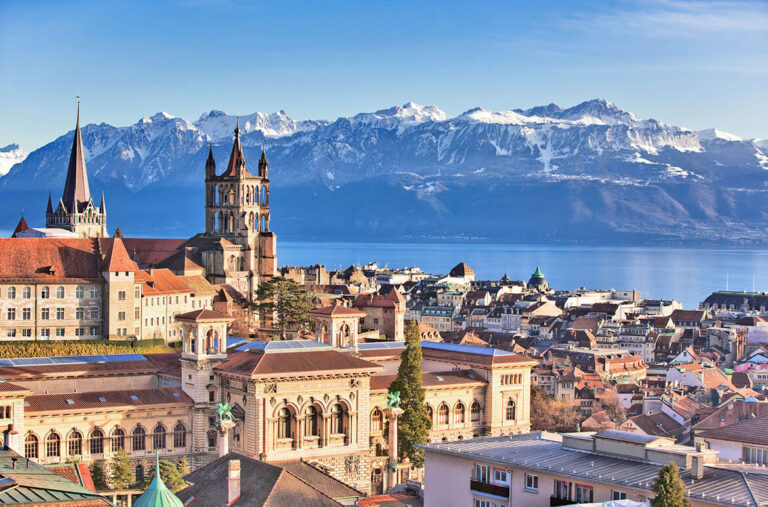
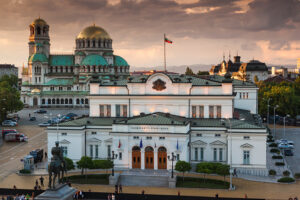
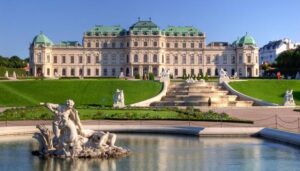
This book is a treatise on the theory of ethics, very popular during the Renaissance. The first line of Lorem Ipsum, “Lorem ipsum dolor sit amet..”, comes from a line in section 1.10.32.
The standard chunk of Lorem Ipsum used since the 1500s is reproduced below for those interested.
Sections 1.10.32 and 1.10.33 from “de Finibus Bonorum et Malorum” by Cicero are also reproduced in their exact original form, accompanied by English versions from the 1914 translation by H. Rackham.
The standard chunk of Lorem Ipsum used since the 1500s is reproduced below for those interested.